How to Ensure Real Anonymity on the Internet
Anonymity is important on the internet because it allows people to express themselves without fear of retribution. For example, if you post something controversial on a public forum and your identity is known, you may be harassed or bullied by other users. However, if you are anonymous, then these other users cannot find out who you are and thus cannot harass or bully you.
Being anonymous online refers to “the quality or state of being unknown.” But anonymity is more than just being nameless. The essence of the word anonymous is that the person is non-identifiable, unreachable, and unable to be tracked. Anonymity on the Internet allows people to express their opinions and share their personal beliefs, and politics without fear.
What is Anonymity?
Anonymity is the online state of being unidentified or unidentifiable.
Anonymity is often associated with internet users who wish to remain unknown for various reasons.
It can be useful for ensuring privacy or engaging in political speech without the risk of reprisal. However, anonymity also has its downside.
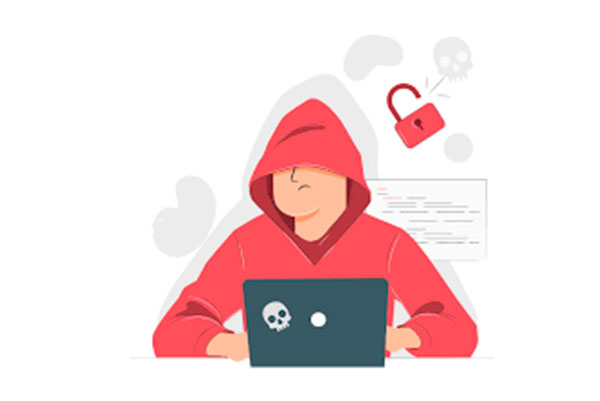
It can allow people to engage in cyberbullying and other forms of online harassment without facing consequences. In addition, it can make it difficult to track down criminals who use the internet to commit crimes. As a result, anonymity is a complex issue, and its implications should be carefully considered before engaging in anonymous online activity.
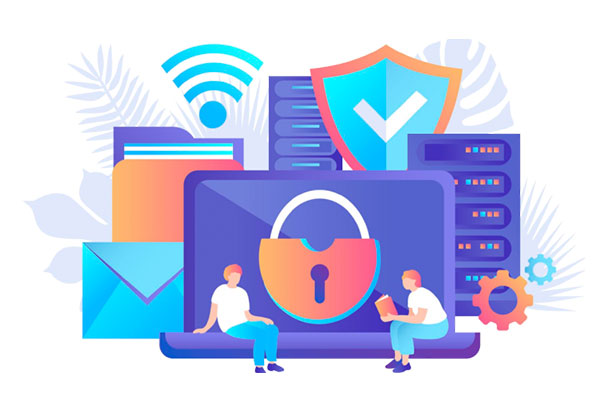
There are a lot of situations where people prefer that their identities not be revealed, such as charity, witnessing a crime, being threatened or blackmailed, etc. Most people don’t want their identities to be out in the open, so they prefer to use pseudonyms or aliases. Let’s learn more about anonymity and how important it is to keep your identity hidden online.
Anonymity in the Real World
Anonymity is often thought of as something that only exists online. However, anonymity is also possible in the physical world.
In many ways, anonymity in the real world can be more challenging than anonymity online.
Online, users can choose to remain anonymous through the use of screen names and avatars. They can also take advantage of the relative distance between users to avoid revealing personal information.

In contrast, people in the physical world must constantly account for their appearance and mannerisms. They must also be careful about what they say and how they say it, as even a casual remark can give away key information about their identity.
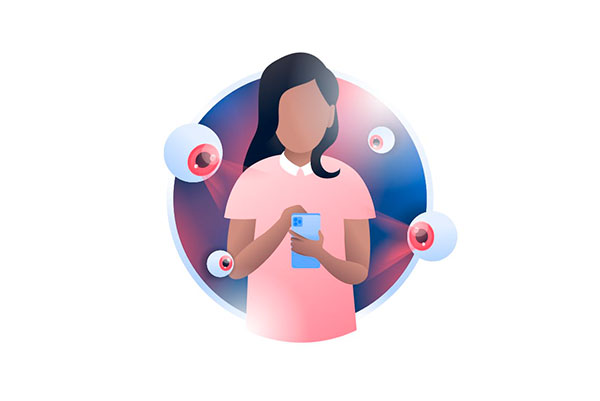
Anonymity in the real world is a thing of the past, as you are constantly tracked and monitored through your identification card. Every citizen of a respective country has their personal information entered into the government’s database, which only requires your full name and picture to reveal all of your information.
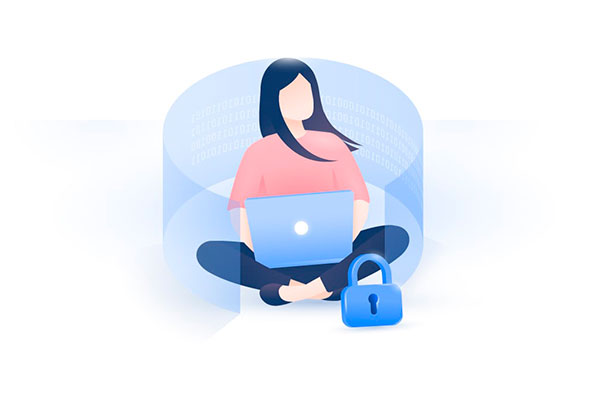
It acts as both a safety measure and a hazard to your security. If you get lost, you can be found through tracking, or if your financial information, like your bank credentials, is leaked, you can easily block or discontinue your account and save money.
As such, anonymity in the real world is more difficult to achieve and maintain. However, it is still possible if a person is cautious and takes care to avoid revealing too much about themselves.
Anonymous Shopping in the Real World
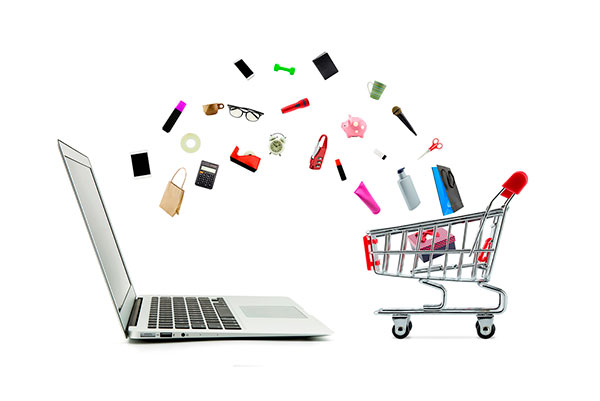
Since the online shopping venture started, people rarely buy stuff from typical brick-and-mortar stores. They prefer convenience over the overwhelming rush of shopping malls.

But your identity is concealed more when you’re shopping in person. Paying in cash saves you from revealing anything about yourself, and you can shop anonymously from wherever you want.
Online Anonymity
Online anonymity is the ability to remain unidentified or unidentified when interacting with others online. This can be achieved in a variety of ways, including using pseudonyms, and avatars, and maintaining different personas across different platforms.
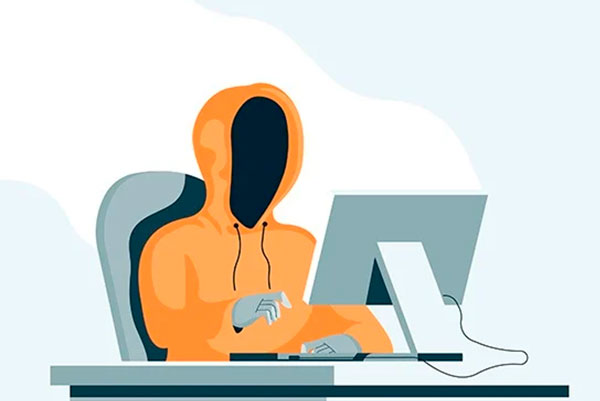
You’ve often heard about “cookies.” If you open up a new website, most of them always display the option of allowing cookies. They’re basically asking you to allow them to track your activity on their website.
Is it dangerous to your security? That’s a yes and a no. It depends on what type of website you are using.
If you are using Amazon, eBay, and other trusted sites, then it’s fine. But if you’re opening sites with ads popping up on every click, you might want to exit that site immediately to remain anonymous online.
Online anonymity can provide a sense of safety for people who might otherwise be targeted for their beliefs or activities.
However, anonymity can also be abused, making it difficult to hold people accountable for their actions. In addition, anonymous users are often assumed to be less trustworthy than those who identify themselves.
As a result, online anonymity is a complex issue with both positive and negative implications.
What Does it Take to be Anonymous Online?
Staying anonymous online is crucial for every internet user. You can mask your identity, IP address, and activities using a secured browser. Certain precautions to stay anonymous online are:
Using a Virtual Private Network (VPN)
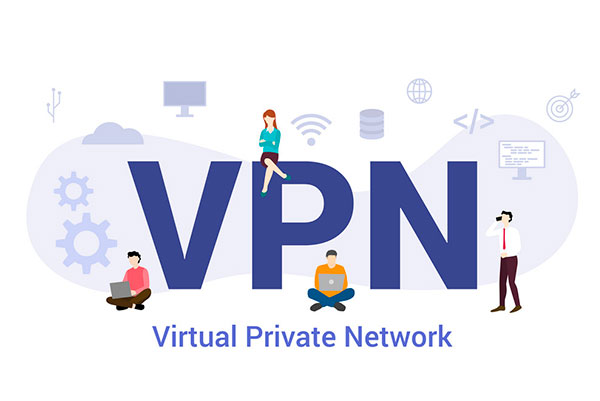
Virtual Private Networks, or VPNs, are a type of online service that allows users to browse the internet anonymously. By routing traffic through a VPN server, users can hide their real IP address and location.
This can be useful for accessing websites blocked in your country or using public Wi-Fi networks without revealing your personal data.
VPN encrypts all your online data and activity from other users and your internet service provider. It masks your browsing activity and IP address so no one can track your venture on the internet.
VPNs are simple to set up and are a good step towards staying anonymous online.
However, not all VPNs are created equal. Some VPNs keep logs of user activity, while others have been known to sell user data.
For this reason, choosing a reputable VPN service with a strong privacy policy is important. A Virtual Private Network can be a useful tool for keeping your internet usage private, but only if you use a trusted provider.
Using an Encrypted Browser
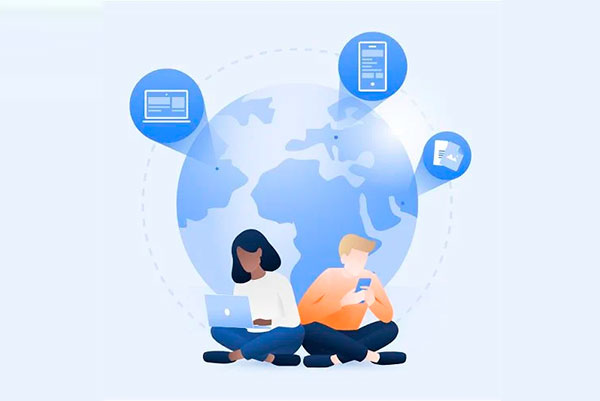
An encrypted browser helps to protect your identity and personal information online. When you use an encrypted browser, your data is scrambled before it is sent over the internet.
This makes it much more difficult for hackers to intercept your information or track your online activity.
In addition, encrypted browsers can also help to prevent websites from tracking your behavior.
Many online businesses use tracking cookies to collect data about their customers. This information is then used to target advertisements and customize content.
Google is famous for keeping track of all of your online activities and the data you enter during online shopping. You can use browsers like Tor or Brave, which delete all your browsing histories once you finish your work.
However, if you use an encrypted browser, these cookies will be unable to collect data about you.
As a result, you will see less targeted advertising and experience a more private browsing experience.
Using Secure Email Providers
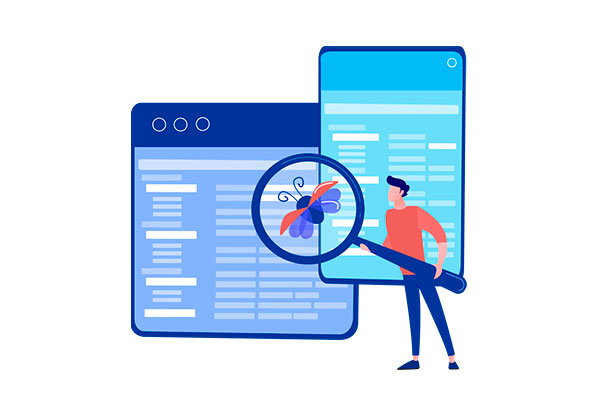
One of the most important is to use a secure email provider. Secure email providers encrypt messages, making it difficult for anyone other than the intended recipient to read them.
They also provide additional security features, such as two-factor authentication and password recovery.
As a result, they offer a high level of protection for both individuals and businesses.
There are a number of secure email providers available, so it is important to do some research to find one that meets your needs.
Gmail is one of our go-to email partners. Just like Google Browser, Gmail also stores your personal information. Emails contain sensitive information, especially if your bank credentials are linked.
Choose an email provider that gives end-to-end encryption so that your data isn’t leaked to or hacked by irrelevant people.
So, using a secure email provider is an essential step in ensuring anonymity online.
Checking App Permissions
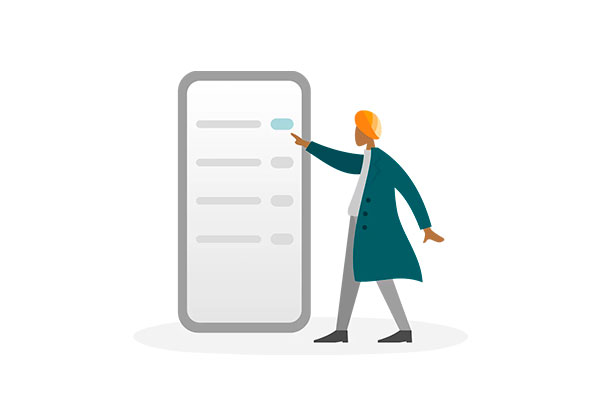
Whenever you download an application, always check what permissions this app has. This will help you understand what information the app will have access to, and how it will be used.
You can cancel any suspicious options or restrict them to using that feature only when the application is being used.
Checking the permissions before you install an app will help you make sure that you’re only sharing the information that you’re comfortable with.
HTTP vs. HTTPS
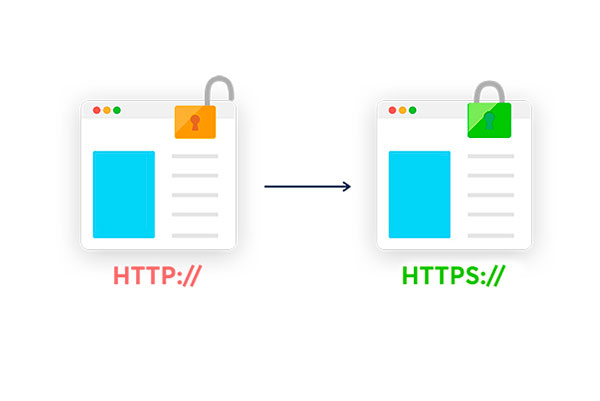
HTTPS stands for “Hypertext Transfer Protocol Secure,” while HTTP does not have the “secure” part. The “s” makes the difference because it refers to the “Secure Sockets Layer” SSL certification, which secures all the connections between your browser and the web pages you visit to ensure that you are anonymous online.
The primary difference between HTTP and HTTPS is that HTTPS offers greater security and privacy.
When you connect to a website over HTTPS, your data is encrypted and cannot be intercepted by third parties. This makes it more difficult for someone to spy on your online activity or steal your personal information.
HTTPS also offers some anonymity, as your IP address is not sent with every request. This means that your location cannot be easily tracked.
However, HTTPS does have some drawbacks. It can slow down your connection speed and may not be available on all websites. Overall, HTTPS is the best option if you are looking for a secure and private browsing experience.
Anonymity & Privacy
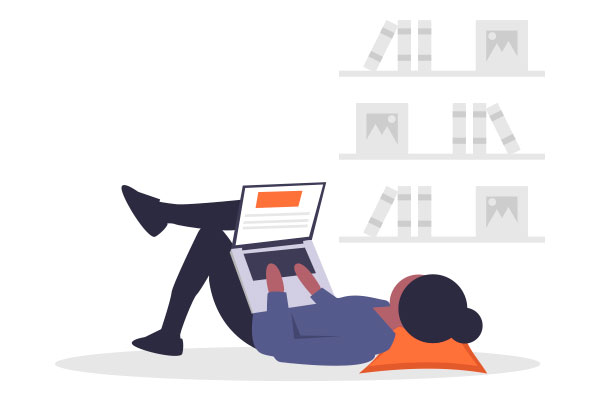
Anonymity means to conceal your personal information but not your activities.
Privacy means keeping everything concealed from others. That includes your personal information and various activities.
There are certain measures that people can take to protect their anonymity and privacy. For example, using aliases or creating separate accounts for different purposes can help to keep one’s personal information private.
People use aliases to hide their identities, but their actions are known. It is a safe option used by many influencers, writers, and witnesses to crime because they don’t want their life to be threatened by others.
In addition, choosing to share only limited information with others can also help to preserve one’s anonymity.
Ultimately, each person must decide what level of anonymity and privacy they are comfortable with within the digital age.
Encrypting your Identity Online
You can stay anonymous online by masking the following three things:
When you connect to the Internet, your computer is assigned an IP address. This address can be used to determine your location, and it can also be used to track your online activity.
However, there are ways to encrypt your identity and protect your privacy.
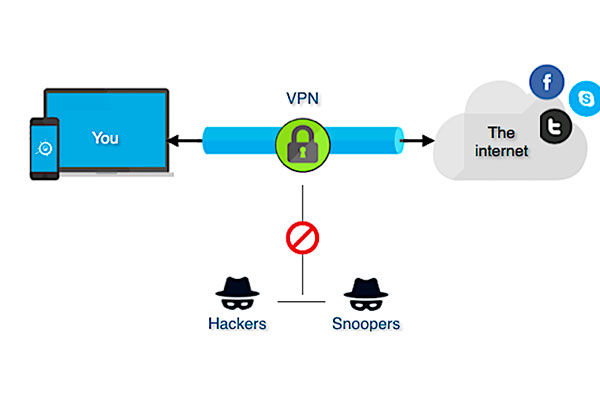
One way is to use a Virtual Private Network (VPN). A VPN encrypts your Internet traffic and routes it through a server in another location. This makes it difficult for anyone to track your activity or determine your location.
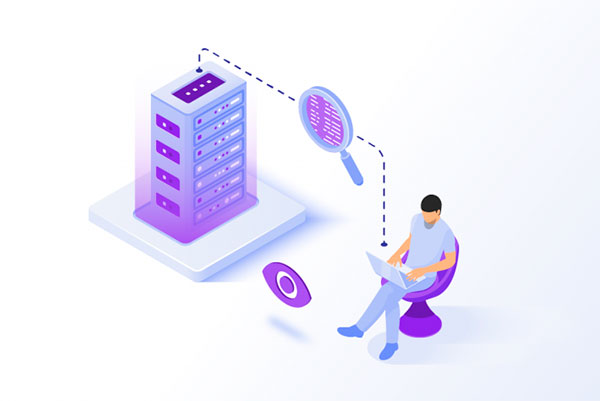
You can also use a proxy server, which is similar to a VPN but typically doesn’t offer as much protection. Either way, these methods can help you maintain your privacy online.
Let’s look into how you can secure all of these things using web encryption:
Securing Your Internet Connection
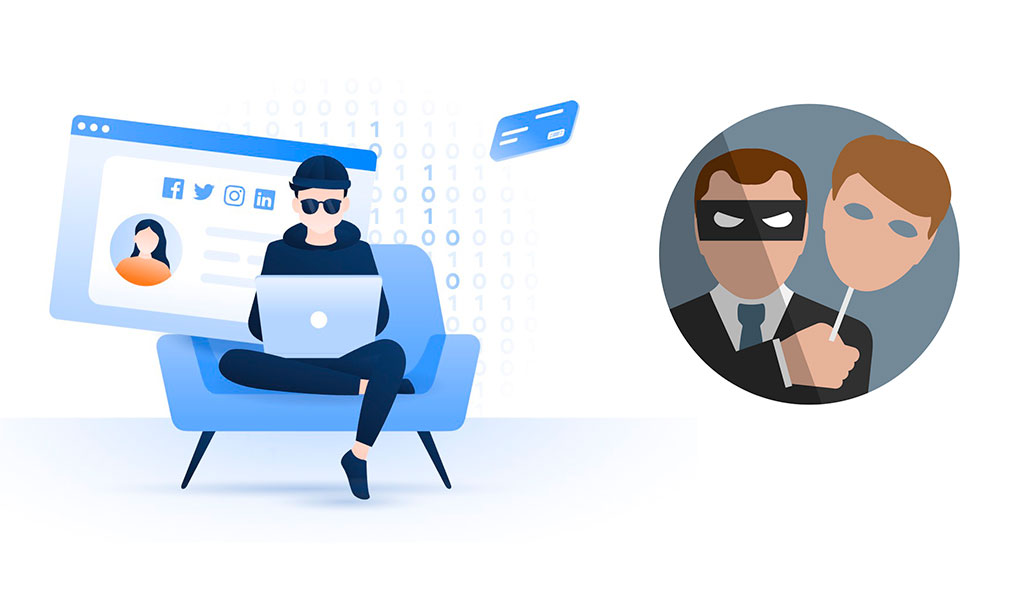
Securing your internet connection at home is crucial to protect the devices connected to it.
These few steps will ensure the safety of your network and help you stay anonymous online.
- Change the default information of your home network
- Don’t give away your wifi credentials to strangers
- Keep the WiFi network encryption turned on
- Turn on the Router Firewall
- Keep your WiFi off when you’re not at home
Securing Your Location & IP Address
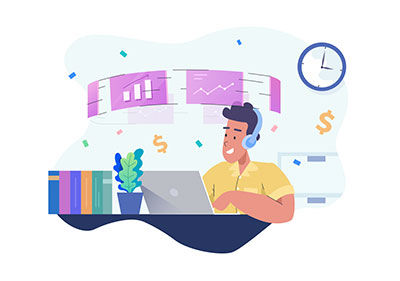
An IP address is unique to every device and network. It helps to identify which device is using what network.
Through your IP address, the location of your network with your browsing activity can be easily tracked.
If someone has access to your IP address, they can conveniently find your location.
Here are 3 ways to conceal your IP address and location:
VPN
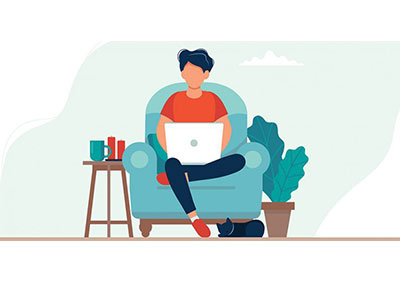
VPNs are an essential tool for online security and privacy. By encrypting data and routing it through a secure tunnel, VPNs can prevent snoopers from accessing sensitive information.
In addition, VPNs can provide a degree of anonymity by hiding your real IP address.
This can be useful for bypassing censorship or accessing geo-restricted content. While there are many free VPNs available, they often come with strict data caps and slower speeds.
For this reason, many users opt to subscribe to a paid VPN service.
Paid VPNs typically offer unlimited data and speeds, as well as advanced features like port forwarding and split tunneling. For anyone who takes their online security and privacy seriously, a paid VPN is an essential investment.
Proxy
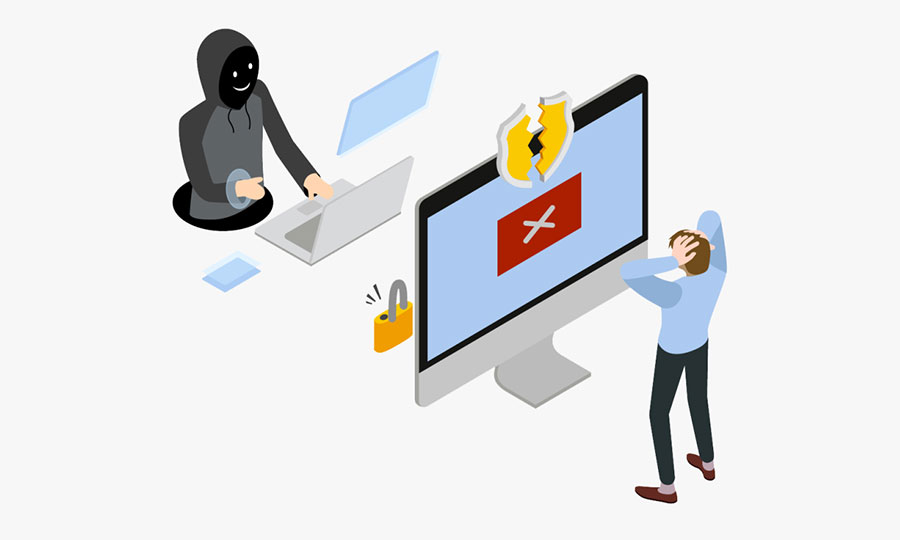
Proxy servers act as a gateway between users and the internet. When you browse the web, your computer sends requests to the server, which then fetches the content from the website and sends it back to you.
Your internet traffic is monitored by a proxy server on your behalf.
A proxy is a service between a client or network of clients and the servers, relaying requests and receiving and delivering responses.
Proxy is less reliable as most of them don’t mask your IP address or encrypt your traffic, so they are a cheap and temporary solution.
This process is transparent to users and helps to improve speed and security. In addition, proxy servers can provide anonymity by hiding your IP address from websites.
This can be useful for accessing blocked content or for securing your privacy when browsing the internet.
However, it is important to note that proxy servers can also be used to track your online activity. Therefore, it is important to choose a reputable proxy server if you are concerned about your privacy.
Tor
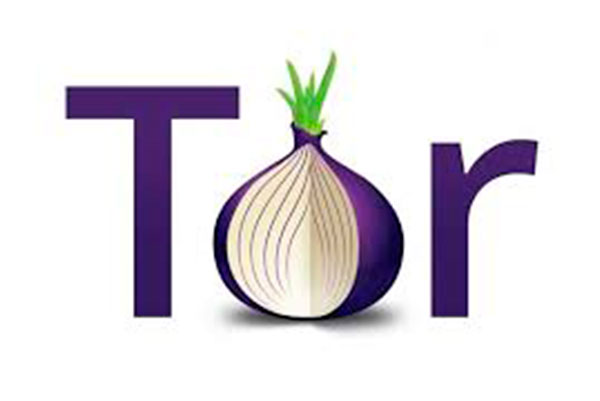
It is a free network that conceals your browsing activity by hiding it in multiple layers of security.
The Tor network is a group of volunteer-operated servers that allows people to improve their privacy and security on the Internet.
It does this by routing traffic through a number of different nodes, making it difficult to trace the source of the traffic. In addition, Tor encrypts data before it is sent, making it even more difficult to track users.
Tor network, helping you stay anonymous online.
Your data goes through 3 relay nodes until it reaches its desired location. You will have to sacrifice your internet speed for that, but it is the best way to go if your anonymity and encryption are necessary.
As a result, Tor is an essential tool for securing communications and maintaining anonymity online.
However, it is important to note that Tor is not perfect, and users should take care to use it in combination with other security measures.
Nonetheless, it remains an invaluable tool for those who wish to keep their identity and communication private.
Conclusion
Anonymity on the internet is necessary as it saves you from malicious hackers and cyber criminals who may use your information for their benefit.
You might get robbed, and your information can be misused and get you in trouble. Hence, you must always explore the available avenues to ensure that you remain anonymous online.
The internet can be a scary place. It's full of people who are willing to say things they would never say to someone's face. And, it's easy to be anonymous.
Anonymity allows people to be cruel and heartless without any consequences. It allows them to hide behind a screen and say whatever they want without worrying about the repercussions.
It's also nice to be able to escape from your real life for a while and just be someone else. You can be whoever you want to be, and no one will ever know the difference.
There are a few reasons why anonymity on the internet can be dangerous. First, it can be used to shield people from accountability for their actions. For example, someone might say something inflammatory or harassing online that they wouldn't say if their identity were known. Second, it can be used to exploit people. For example, someone might post defamatory information about someone else or try to scam them under the guise of anonymity. Finally, it can lead to mob mentality and witch hunts. For example, people might band together on an anonymous forum to attack someone who has been accused of something even if there is no evidence that they are actually guilty.
While both anonymity and confidentiality provide a way to keep your identity hidden, they are not the same thing.
Anonymity is a state in which you cannot be linked to any specific action or identity. Confidentiality, on the other hand, means that the information you share is secret and will not be revealed to anyone else without your permission.
Confidentiality can be broken if the person you shared information with decides to reveal it to someone else. Anonymity, on the other hand, can never be broken - even if someone knows who you are, they still won't know what actions you took or what information you shared.
[autor_bq]